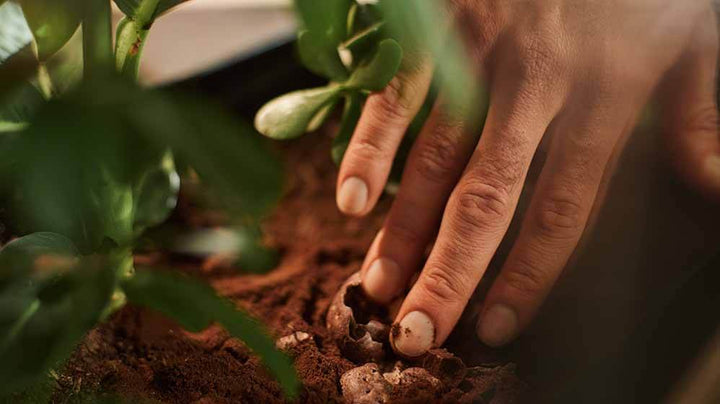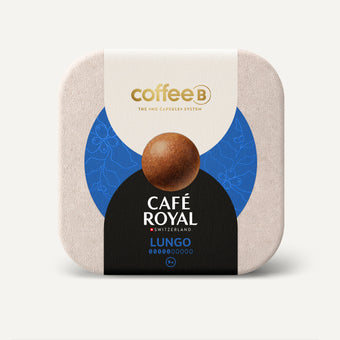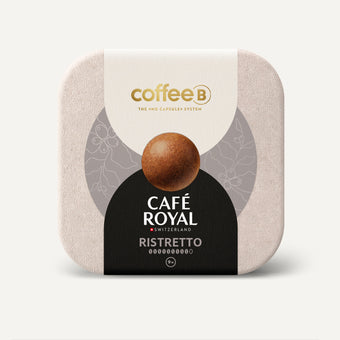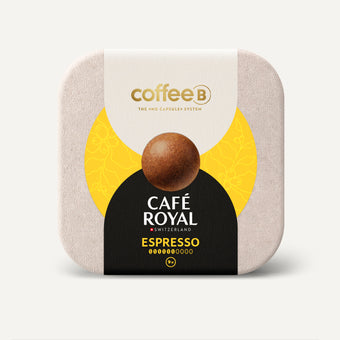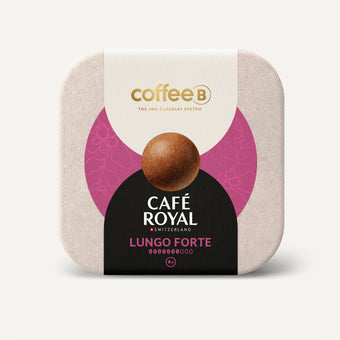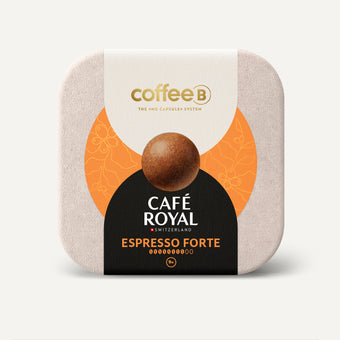Coffee grounds are worth their weight in gold! It contains the three macronutrients plants need to thrive: nitrogen, phosphorus and potassium. Coffee grounds are therefore ideal for composting.
Coffee grounds encourage the growth of the Trichoderma fungus, which is very useful in compost. This green fungus looks a bit like mold - perhaps you've come across it at home on old coffee grounds. It improves soil health, stimulates plant growth and even protects against disease.
Another great advantage of coffee grounds is that they feed earthworms. Rich soil in turn attracts living organisms that further improve compost quality. Earthworms aerate and fertilize the soil by eating organic matter and producing vermicompost. Fortunately, earthworms love coffee grounds!
If you've been wondering why you didn't know all this time, and why you've been throwing huge quantities of coffee grounds in the garbage can, take comfort in the fact that at least now you do! What's more, CoffeeB offers you a truly fantastic coffee-making system, based on easy-to-compost coffee grounds.
How to compost your coffee grounds?
The great thing about used coffee grounds is that they're worth their weight in gold. Free from plastic or aluminium, they are made from roasted coffee and are fully compostable.
Coffee grounds are suitable for all types of composting: in a vermicomposter to feed earthworms, in garden compost or even in your bokashi composter at home. Every time you make yourself a good cup of coffee, the used coffee grounds fall into your machine's collection bin. Empty the bin regularly and place the balls as they are in your compost. They'll be fully decomposed after 12 weeks at the latest.

